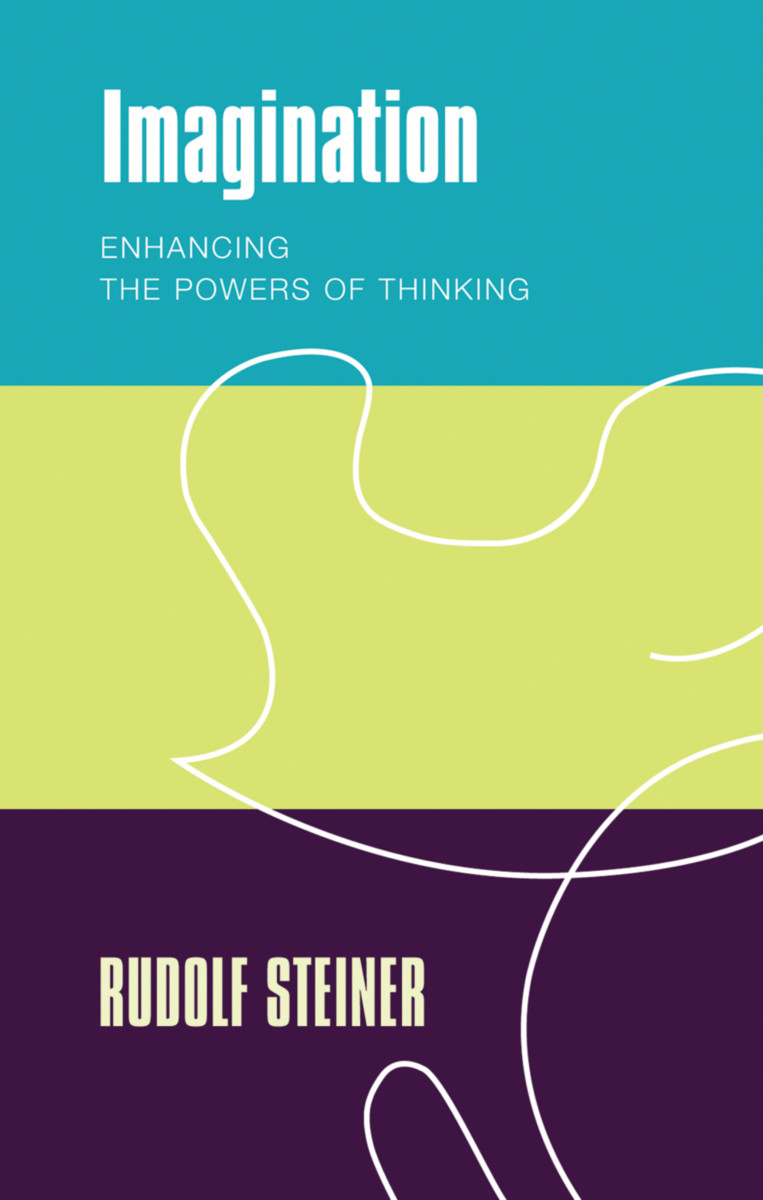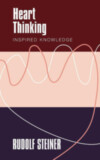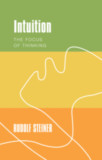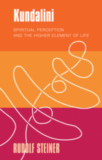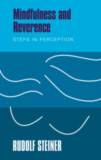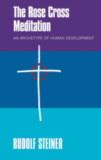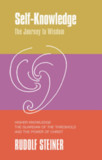Imagination
Enhancing the Powers of Thinking
- Publisher
Rudolf Steiner Press - Published
1st August 2019 - ISBN 9781855845565
- Pages 174 pp.
- Size 5.5" x 8.5"
Rudolf Steiner differentiated clearly between the spiritual concept of Imagination and our everyday understanding of the word. As living, pictorial thinking, Imagination is a primary aspect of the contemporary path of inner development—the first of three levels of initiate knowledge and cognition. Imagination leads us into a world of flowing, living pictures, a realm of soul and spirit where everything is in continuous movement.
This anthology offers a survey of the diverse aspects of Imagination and imaginative cognition. As these thematically reordered texts show, Rudolf Steiner’s spiritual philosophy (Anthroposophy) is itself often pictorial and imaginative. Steiner formulated many of its fundamental concepts, including the evolution of the world and the human being, in vivid, living imagery. However, while imaginative perception leads us to the threshold of the spiritual world, we can also succumb there to illusions, visions, and hallucinations.
This volume, collected by Edward de Boer, draws on the entirety of Rudolf Steiner’s collected works, including his earliest writings and passages from his numerous lectures. Its purpose is to stimulate readers to practice, deepen, and extend their own imaginative consciousness. Steiner’s commentary on “exemplary Imaginations” encourages further study, contemplation, and training of one’s own pictorial thinking.
This volume is a translation from German of the book Imagination: Bildekraft des Denkens (Rudolf Steiner Verlag, 2015).
C O N T E N T S:
Introduction by Edward de Boer
1. Imagination as Supersensible Cognition
2. The Rosicrucian Path of Schooling
3. Exercises to Develop Imagination
4. Understanding Imagination through Inspiration and Intuition
5. Illusions, Hallucinations, and Visions
6. Imaginative Perception as the Threshold to the Etheric World
7. Goethe’s Worldview
8. Exemplary Imaginations
Rudolf Steiner
Rudolf Steiner (b. Rudolf Joseph Lorenz Steiner, 1861–1925) was born in the small village of Kraljevec, Austro-Hungarian Empire (now in Croatia), where he grew up. As a young man, he lived in Weimar and Berlin, where he became a well-published scientific, literary, and philosophical scholar, known especially for his work with Goethe’s scientific writings. Steiner termed his spiritual philosophy anthroposophy, meaning “wisdom of the human being.” As an exceptionally developed seer, he based his work on direct knowledge and perception of spiritual dimensions. He initiated a modern, universal “spiritual science” that is accessible to anyone willing to exercise clear and unbiased thinking. From his spiritual investigations, Steiner provided suggestions for the renewal of numerous activities, including education (general and for special needs), agriculture, medicine, economics, architecture, science, philosophy, Christianity, and the arts. There are currently thousands of schools, clinics, farms, and initiatives in other fields that involve practical work based on the principles Steiner developed. His many published works feature his research into the spiritual nature of human beings, the evolution of the world and humanity, and methods for personal development. He wrote some thirty books and delivered more than six thousand lectures throughout much of Europe. In 1924, Steiner founded the General Anthroposophical Society, which today has branches around the world.


